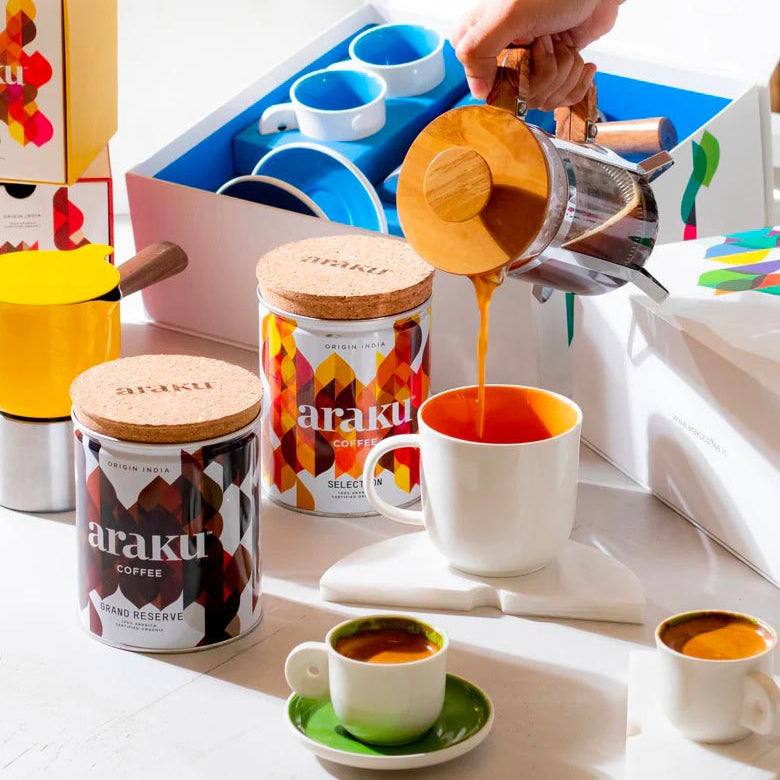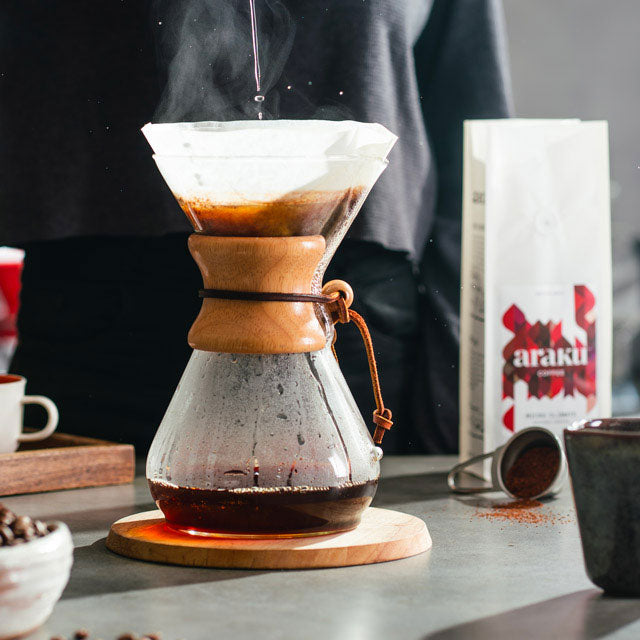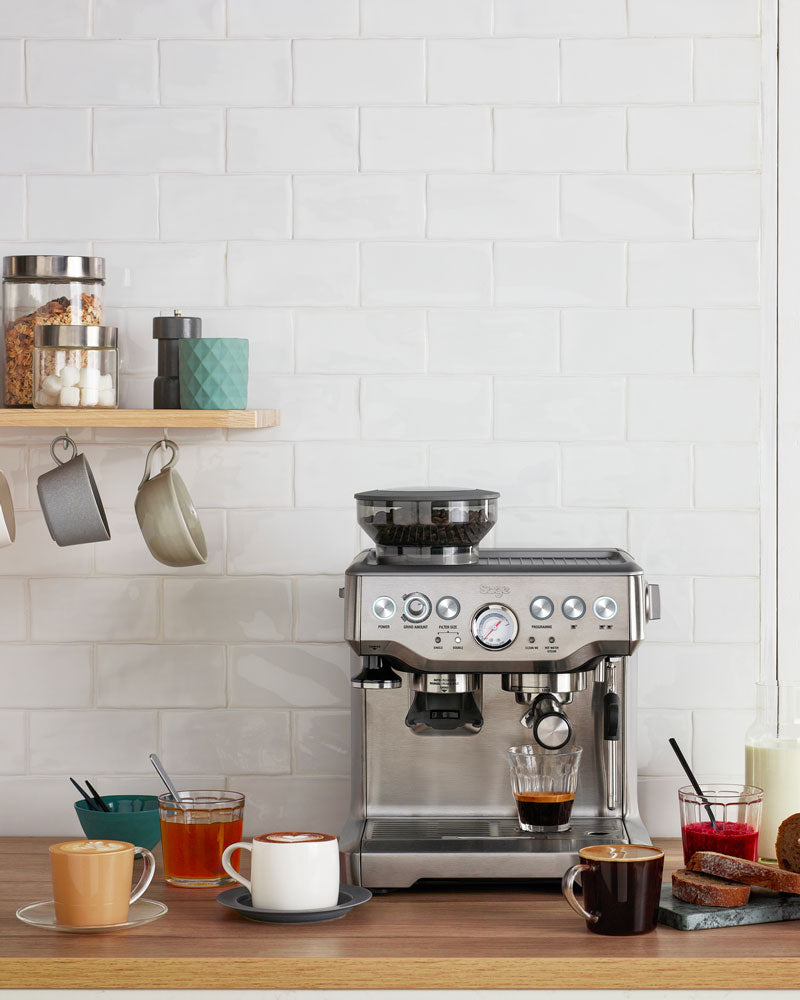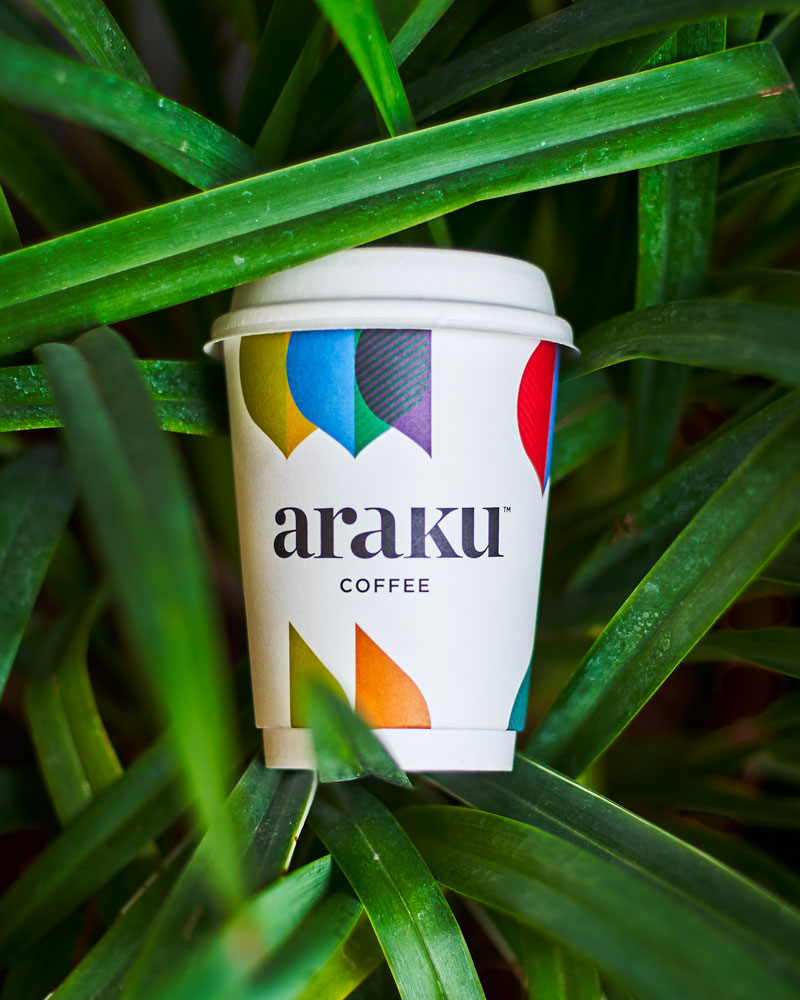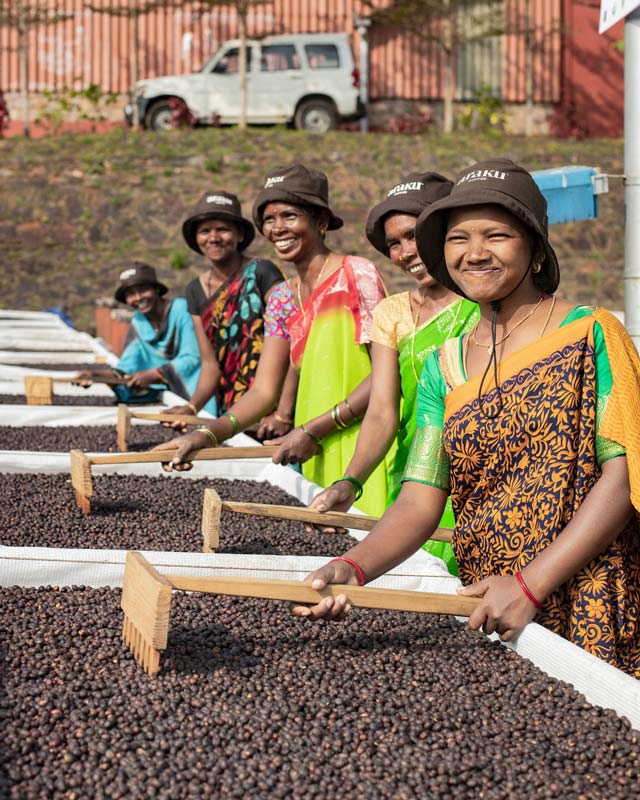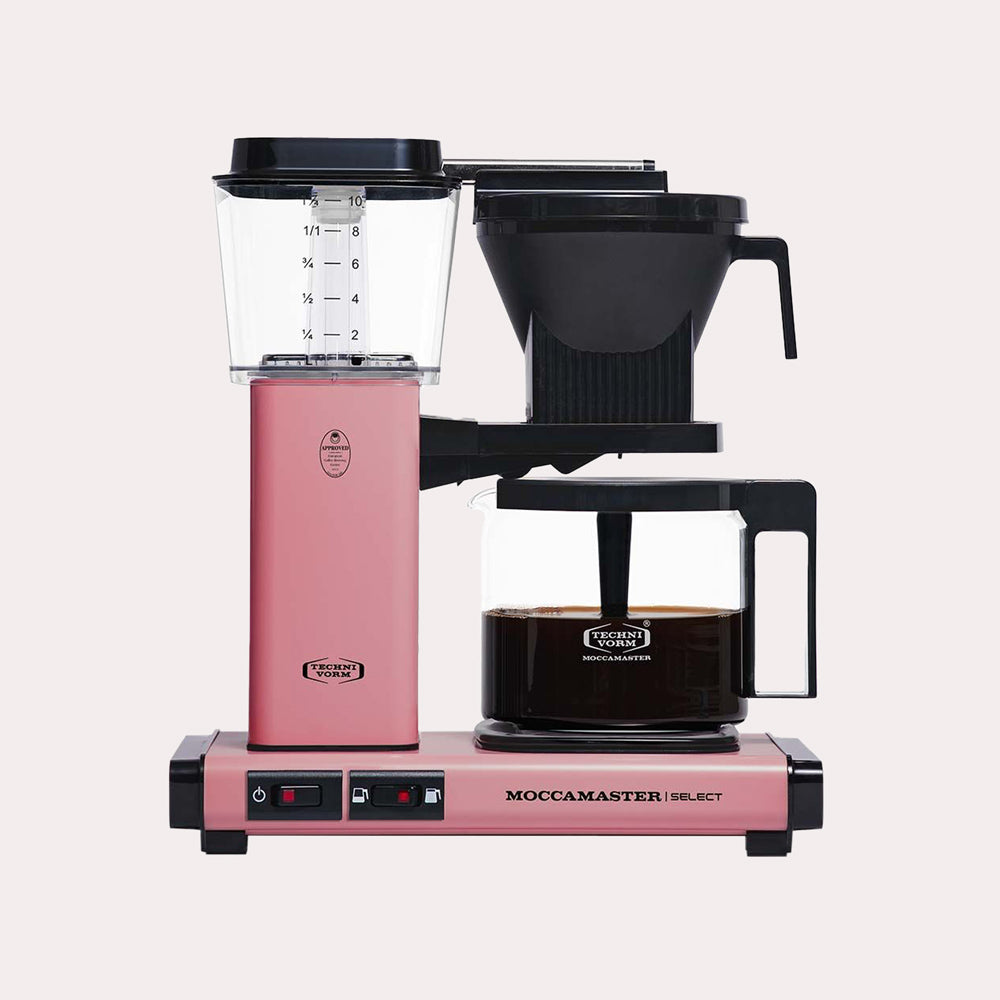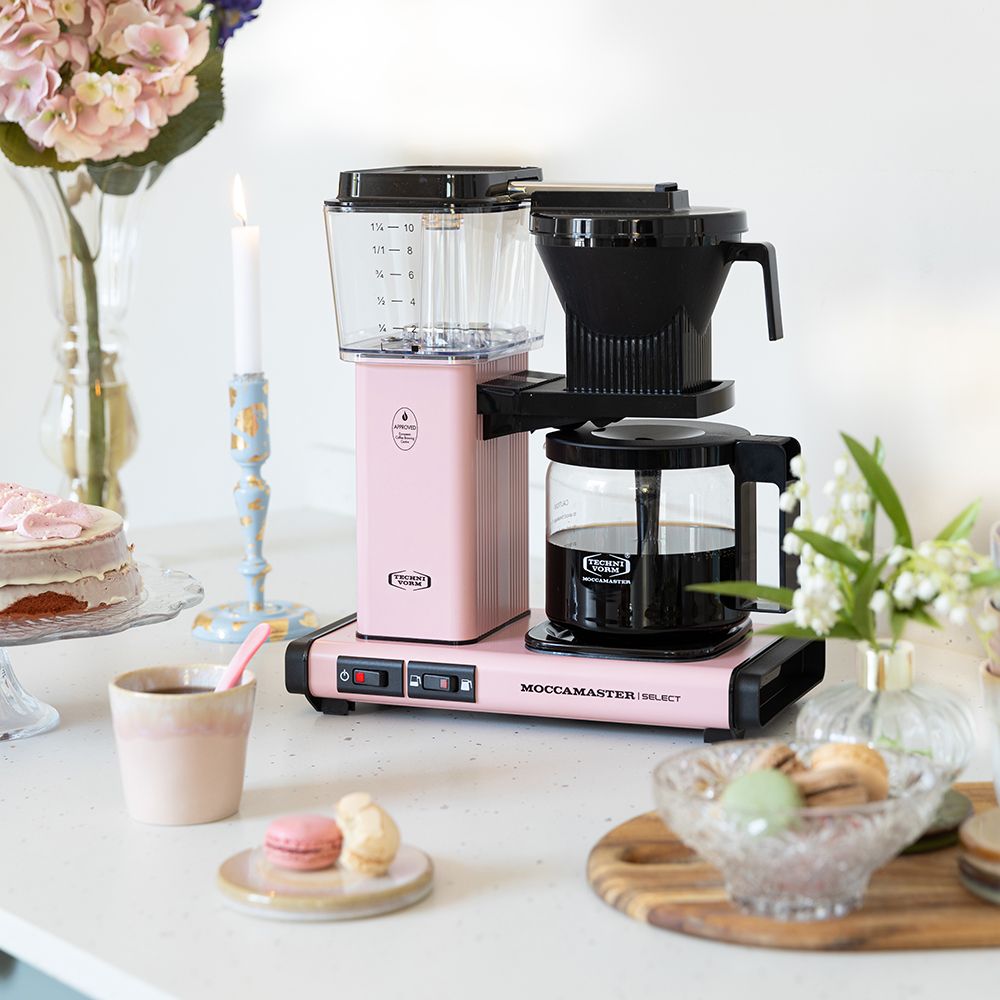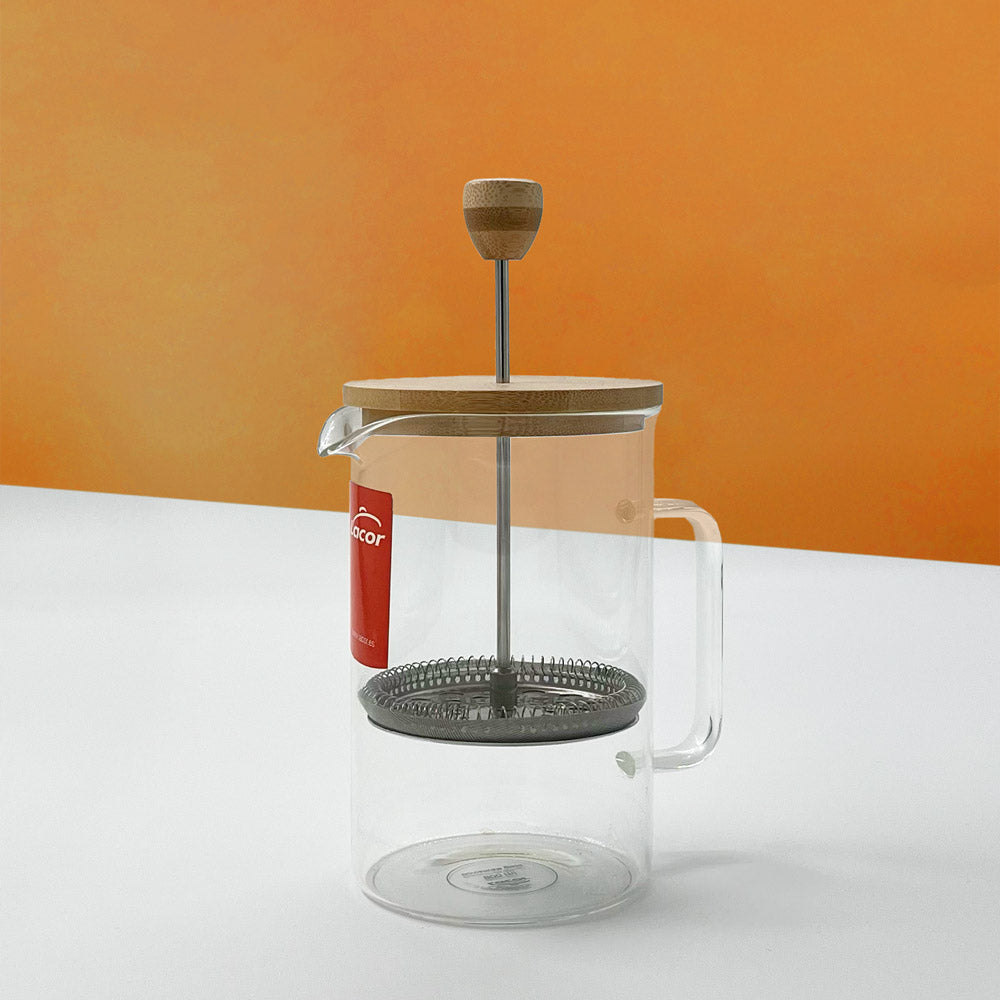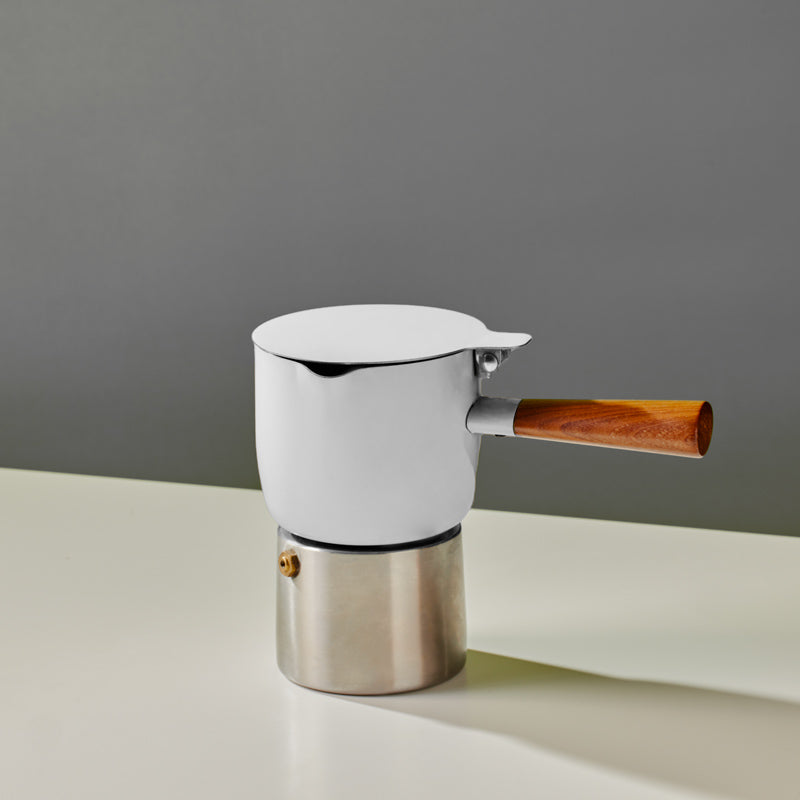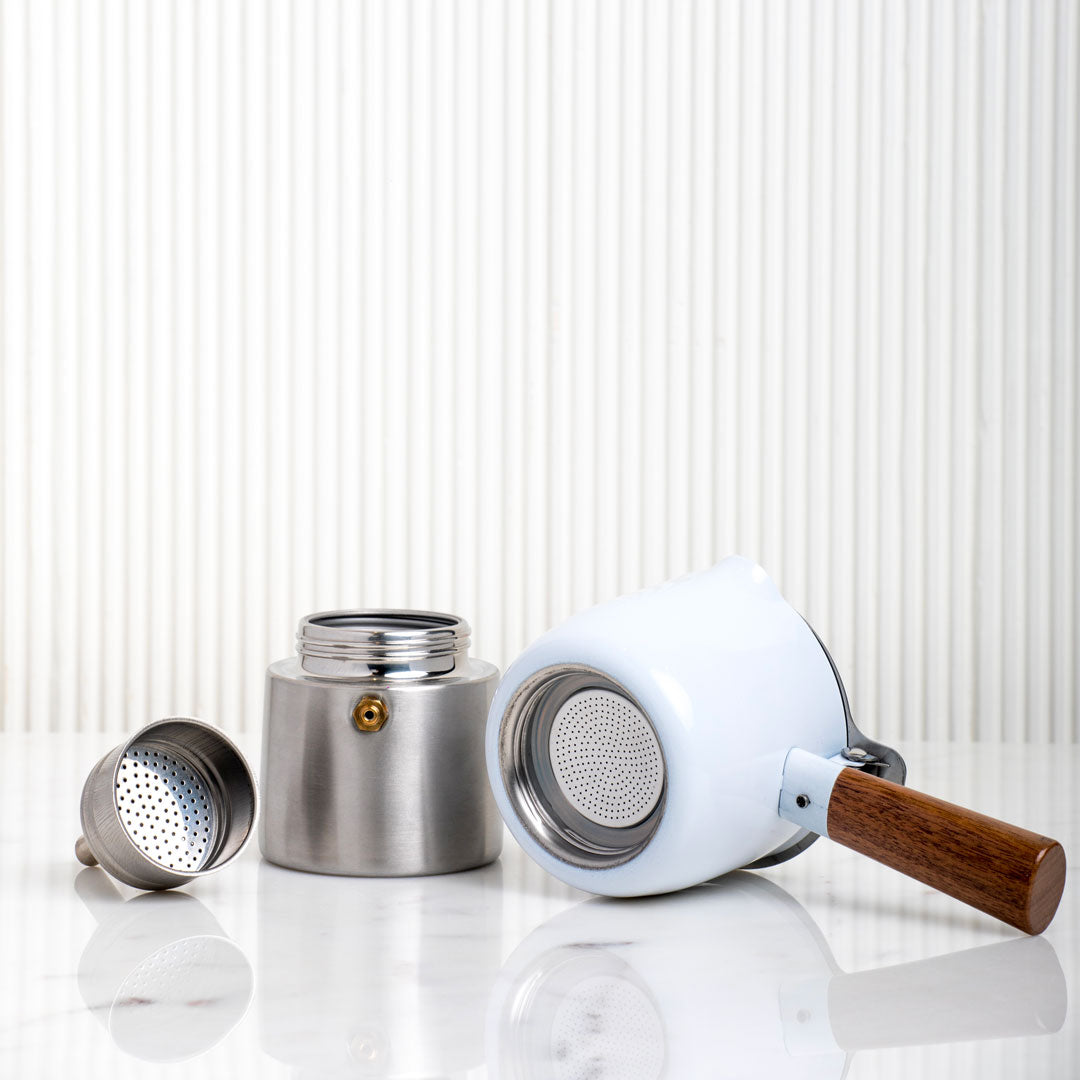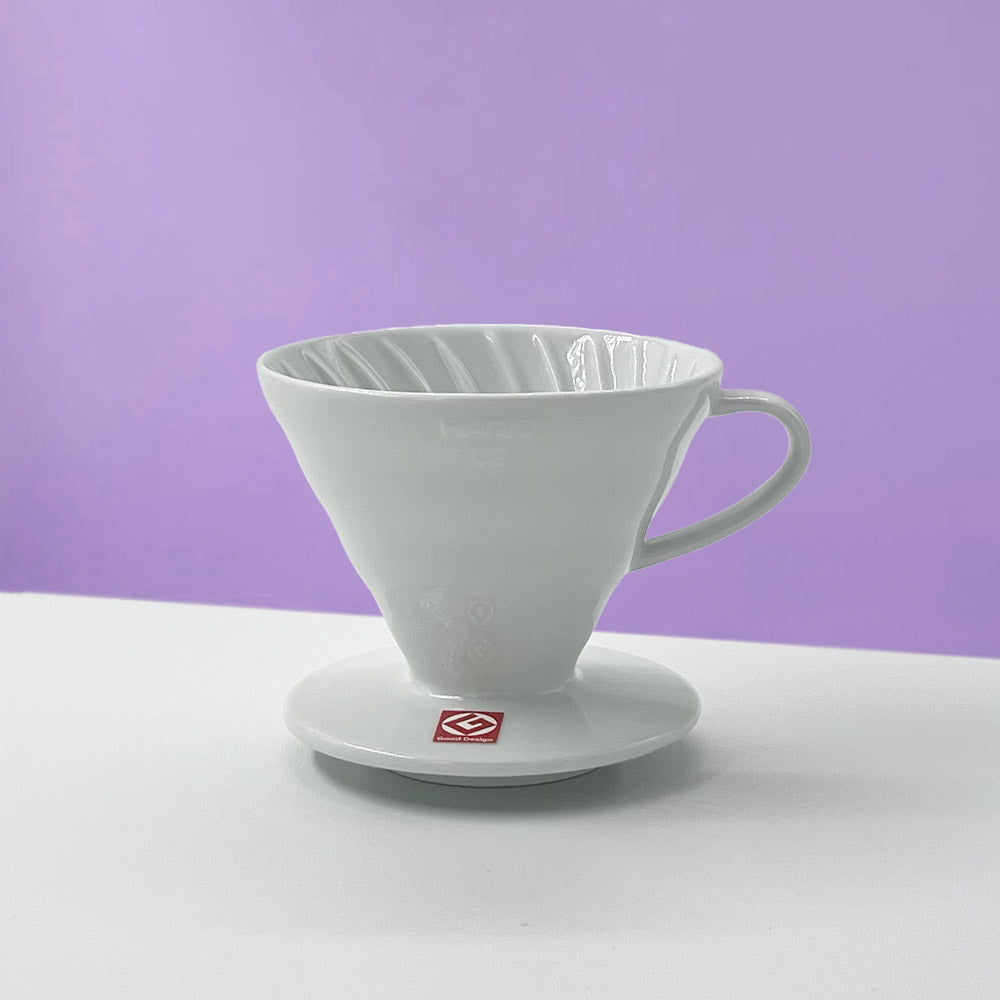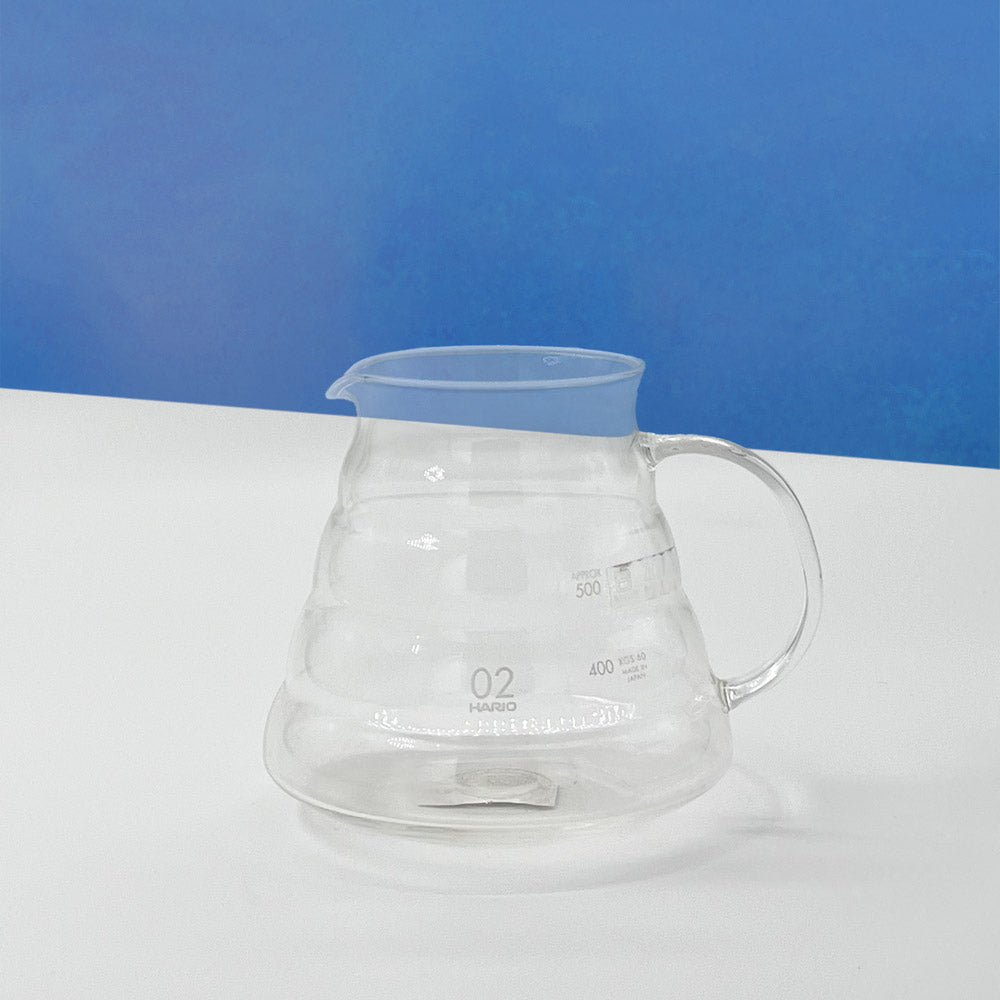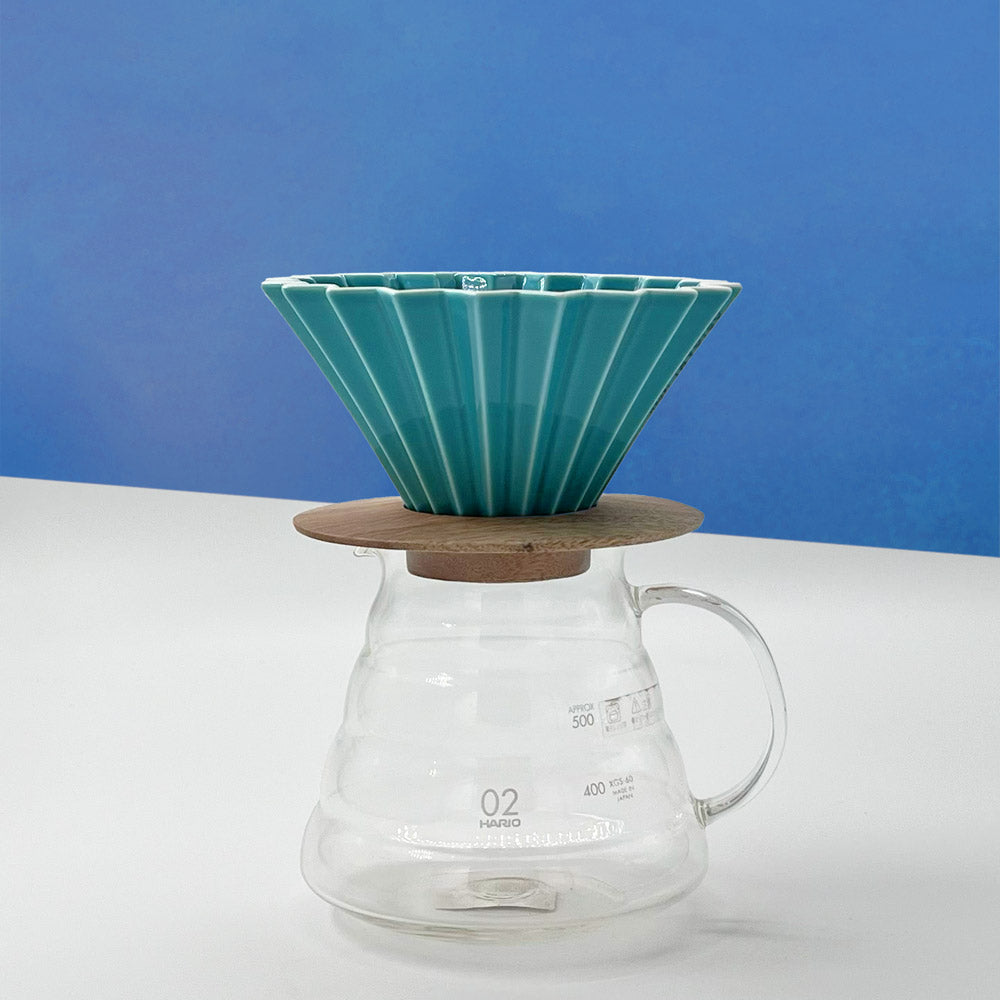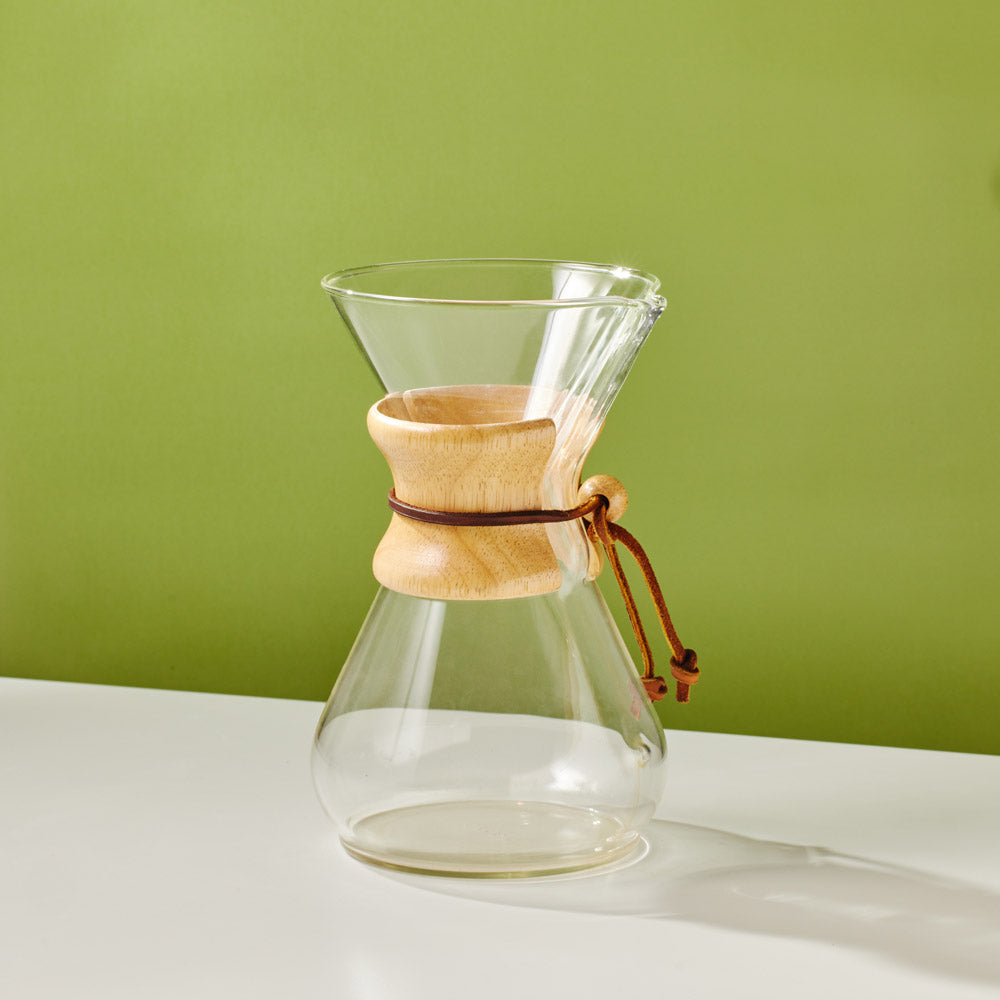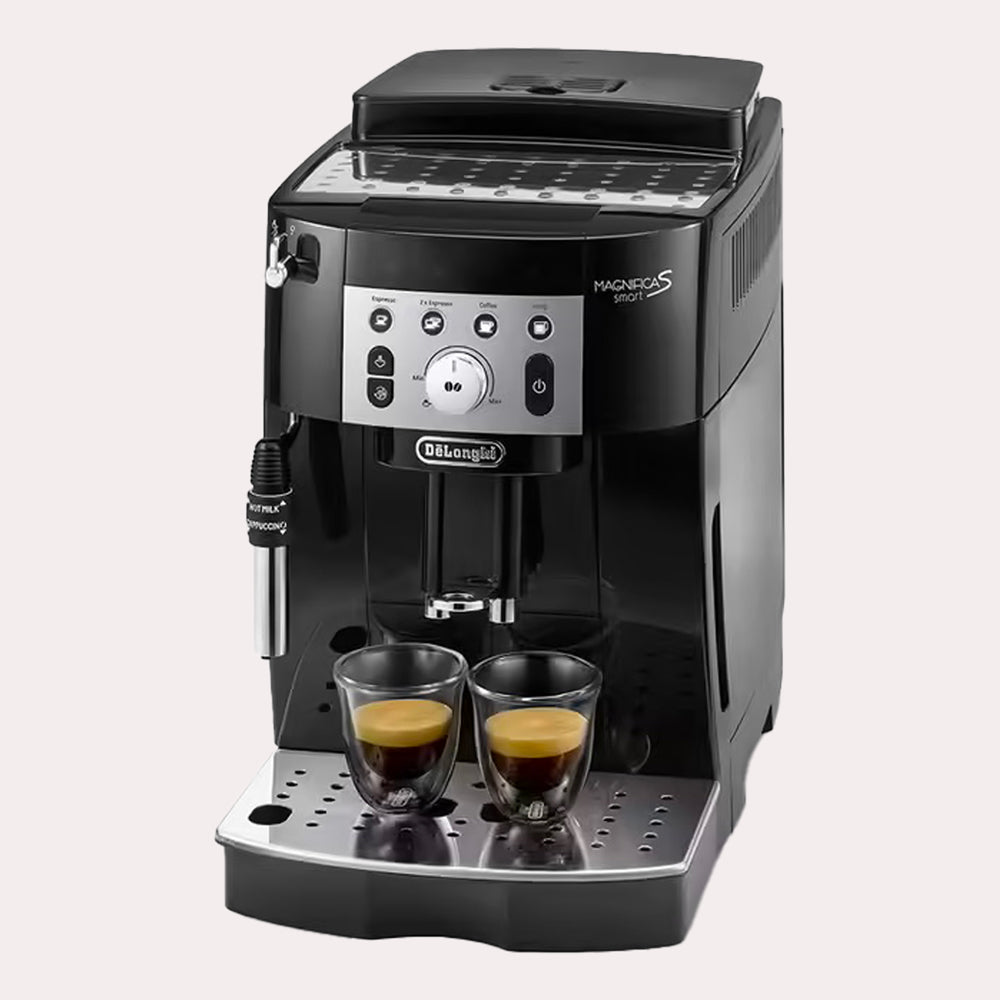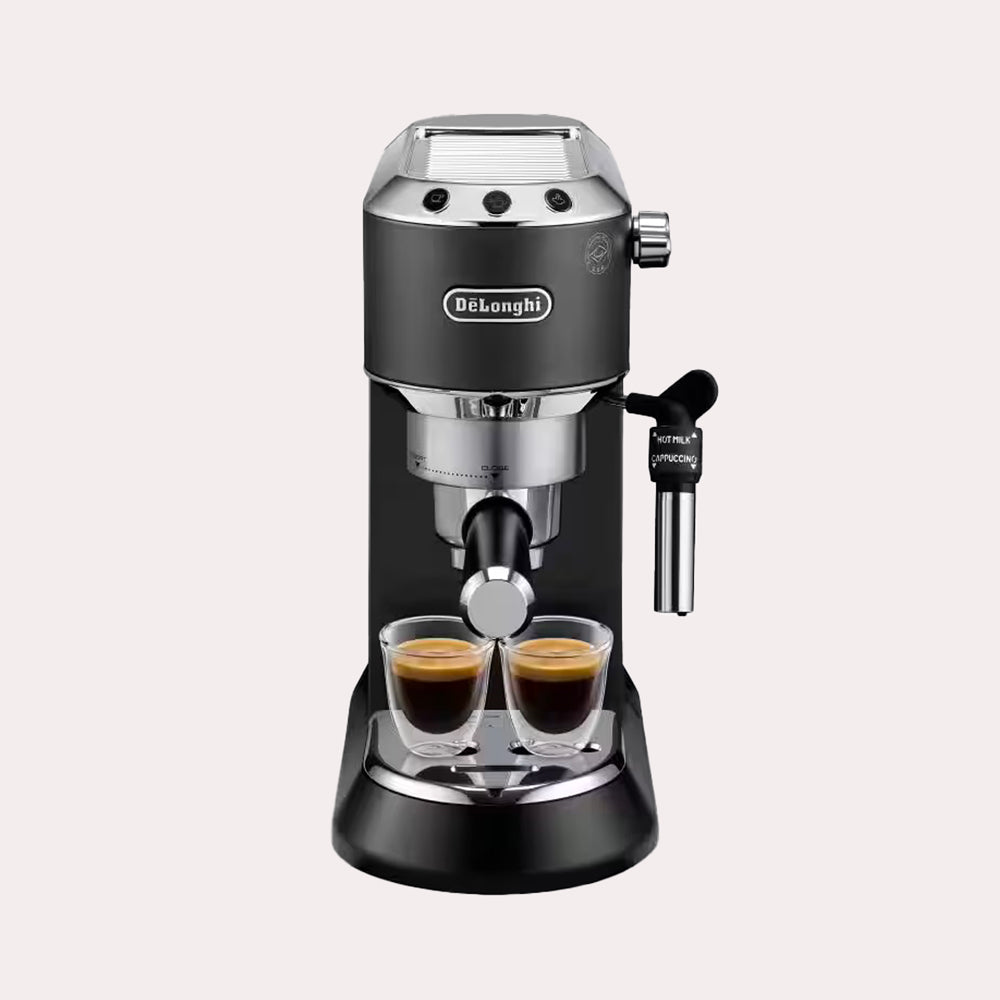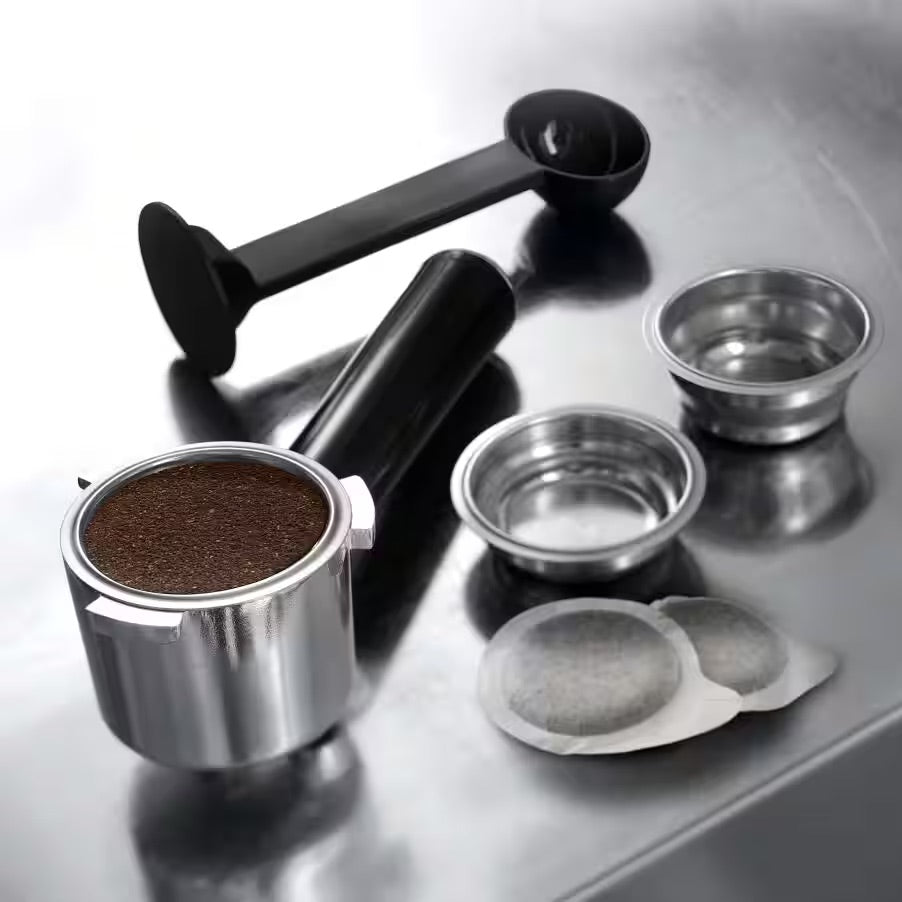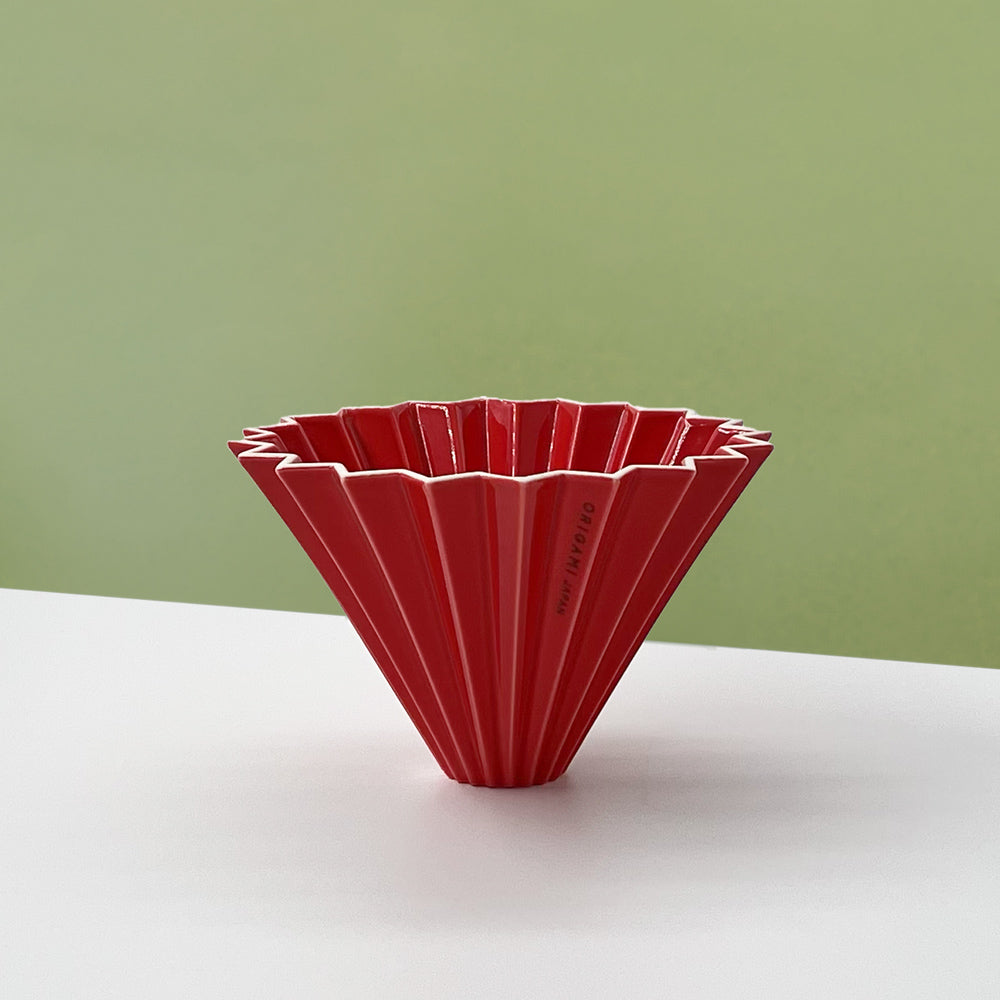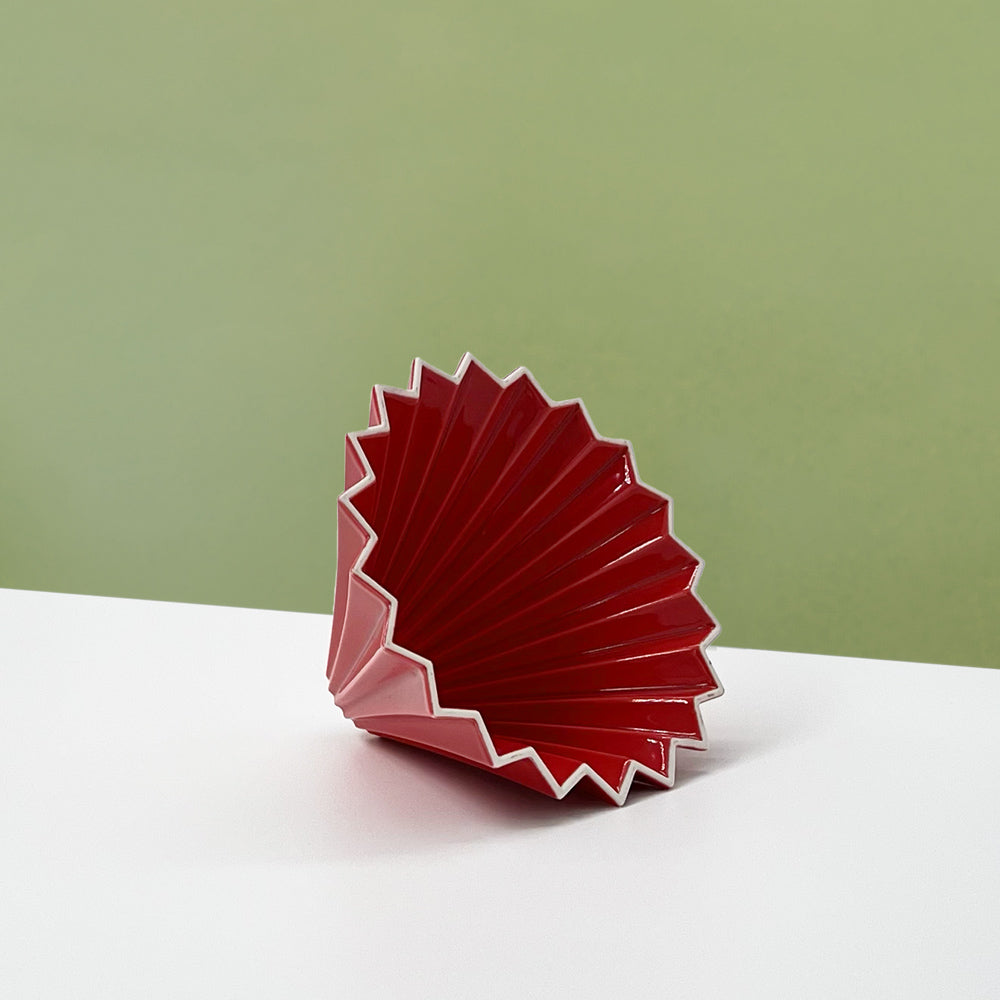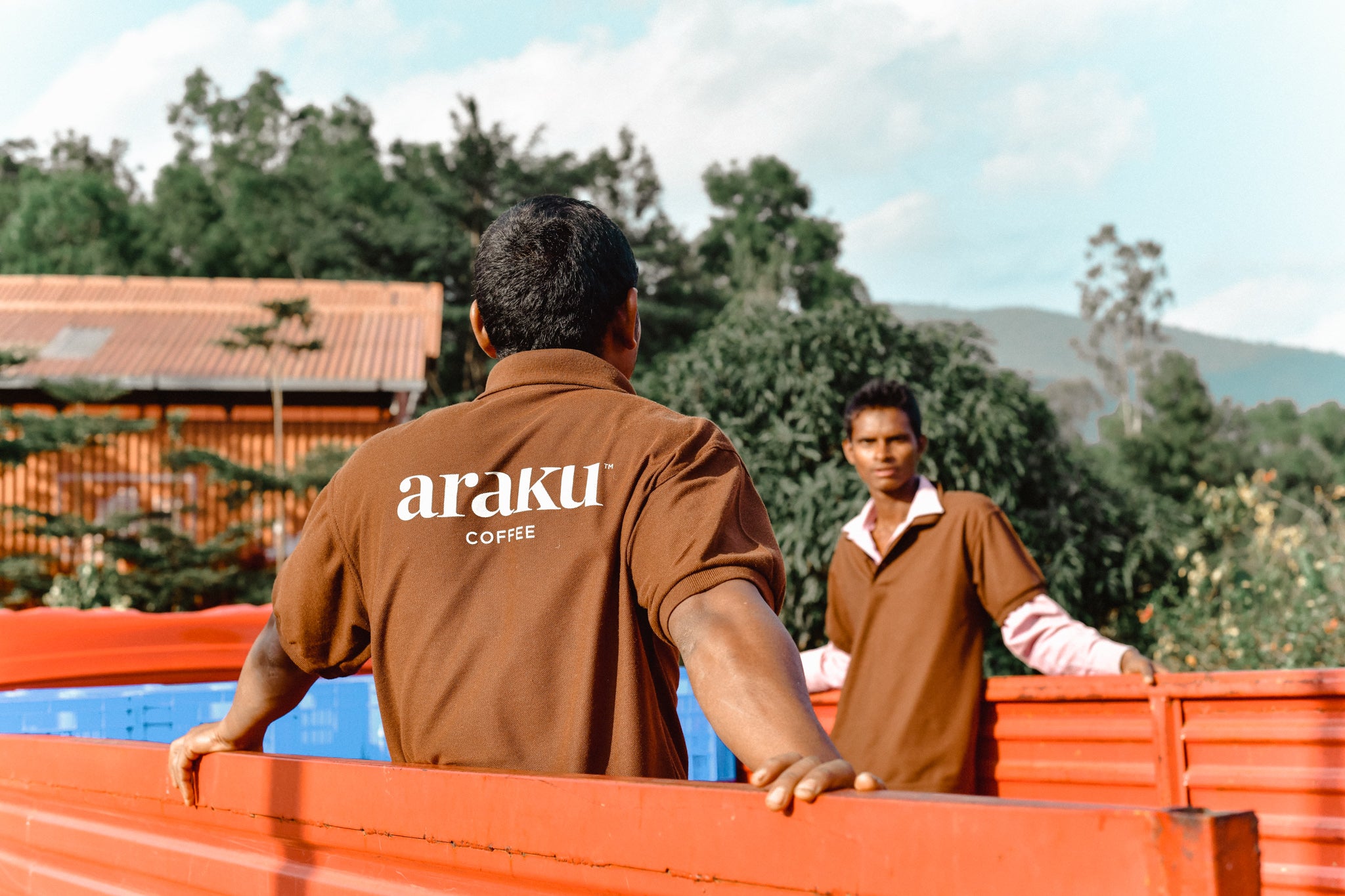OUR ADVICE FOR USING AND CLEANING YOUR COFFEE MAKER
As they are typically used several times per day, coffee machines can wear out quickly, if they are not used correctly.
Above all else, we strongly recommend that you use filtered water, particularly if your tap water is hard. Using filtered water will avoid most of the problems mentioned below and will considerably extend the life expectancy of your machine. Find all our advice on the water to use for your coffee here.
It's best to turn off your coffee maker when you're not using it. Remember to use the right quantity of water, it is better to have too much than not enough. As otherwise for certains machines air may seep into the circuit via the pump. Also remember not to let coffee sit in your coffee pot for too long. Otherwise, old dried coffee deposits can form in the machine. If these coffee deposits are not cleaned regularly, they can cause add a harsh bitterness and an undesirable pungent taste. This is why its important to learn how to clean your coffee maker properly.
DESCALING YOUR COFFEE MAKER EFFECTIVELY
If you tend to use tap water in your coffee maker, there is a good chance that scale has been deposited inside the device. In addition to damaging certain elements of the machine, these mineral deposits can alter the taste of your coffee. So, how do we properly descale a coffee maker?
For filter coffee machines , like the Moccamaster , it’s quite easy! You should put white vinegar (or another specialized product ) and clear water in the tank. Let the product and water sit for 15 minutes then turn on your coffee machine and run it out until the water tank is empty. The white vinegar should dissolve the scale present in your brewer. Then you need to fill up the tank with clean water run the machine with any coffee or water until the tank is empty again, to remove all traces of vinegar. Do this process with only clean water at least twice.
Once your coffee machine has been descaled, it is also recommended to clean the reservoir of your coffee maker. This will allow you to get rid of certain bacteria and prevent mold from developing. If you use tap water, be sure to clean your machine with vinegar every month. As for the glass tank and the filter holder, wash them with hot water and soap every week.
When it comes to espresso machines , it gets a little bit more complicated. The internal mechanisms are more complex than on a filter coffee machine, and the descaling process may be less efficient. In addition, espresso machines often keep a small of liquid permanently in their tanks. Therefore emptying all the the descaling product, from the machine may prove difficult. Using filtered water is therefore particularly recommended for espresso machines.
Super-automatic machines, like the Delonghi Magnifica , are simpler to descale. These often have a descaling program; you just have to add the descaling product and start the process. It is recommended to use filter cartridges , to have to carry out descaling as little as possible.
Manual percolator machines, like the Delonghi Dedica , are the more difficult kind. There is no automatic program, so the process is similar to that of a filter coffee maker. Fill the tank with a descaling product and clean water. For the Delonghi Dedica , you must use the steam wand. So turn on the steam wand for about ten seconds then turn it off. Leave the product to descale for about 30 minutes, then empty all the liquid in the machine through the steam wan. Rinse the machine with 2 full tanks of clean water. Pour out the water again through the steam wand.
Your coffee machine is now descaled! If you have a filter coffee maker, the maintenance ends there. However, if you have an espresso machine, there is a tiny bit more cleaning to do regularly.
CLEANING ESPRESSO MACHINERY
Preparing espresso requires a very fine grind of coffee. This grind size has a disadvantage: the very fine grounds tend to get everywhere, like sand at the beach. You must therefore clean certain parts of your machine regularly to the machine lasts and so the espresso remains delicious.
As mentioned earlier, for automatic machines, maintenance is simple. There is a built-in cleaning program, you just have to insert a cleaning tablet and start the cycle and your machine will be clean!
For manual percolator machines, there are three items to clean regularly. The shower screen, the basket and the portafilter. The easiest way to clean these 3 elements is to let them soak in a mixture of hot water and espresso machine cleaning product (Puly Caff, Urnex Cafizza, etc.) for 15 to 30 minutes. The shower screen is easily removable by unscrewing it. Also remember to separate the basket and the portafilter before soaking them. Once the time has passed, rinse them thoroughly with clean water and the job is done!
If you've ever heard the term "backflush" to clean espresso machines, keep in mind that this cleaning process only applies to certain machines with manual percolators. It often only concerns espresso machines which are quite expensive. To perform a "backflush", your machine must be equipped with a pressure release valve. The Delonghi Dedica , for example, does not have this valve and therefore cannot be backflushed. Therefore I won’t go into detail about this process here.
Now that your coffee machine is descaled and cleaned, you are ready to fully enjoy all the aromas of our Araku coffees .

